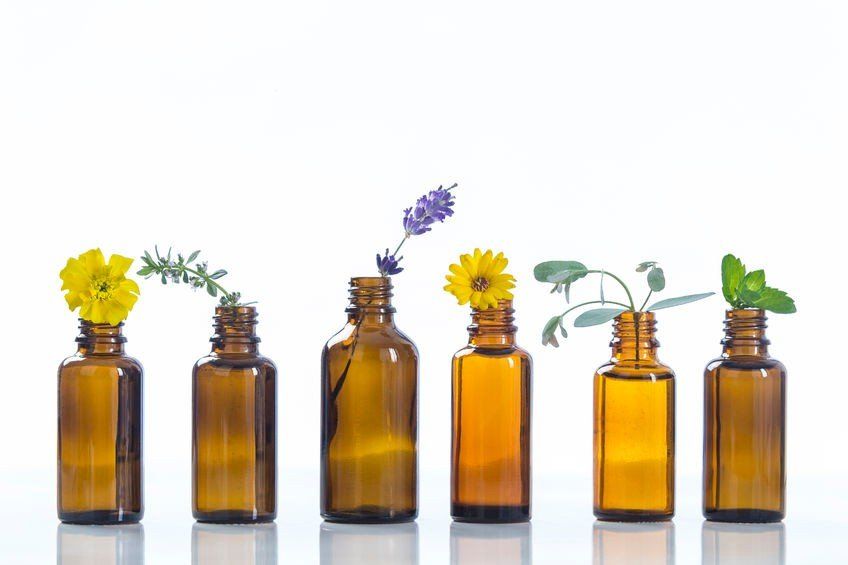Do Essential Oils Work for Dry Mouth?
In recent years, U.S. interest in using complementary or alternative medicine has been growing steadily, according to the National Health Statistics Report. One popular remedy among these medicines is essential oils, which, per Grandview Research, may reach up to $12 billion in the global market by 2022. Those who are interested in essential oils often claim they receive relief for many issues, such as flu or cold symptoms, hormonal imbalances, and skin problems. However, some have posed the question—can essential oils work in cases of dry mouth?
The Basics of Essential Oils
For those who may be wondering what essential oils even are, they are chemicals within a plant, specifically the kind that give a plant its scent or flavor. Whether by steam of force, the essential oils are carefully extracted from plants, usually taking a large part of the plant in order to make small amounts of oil. These oils are typically used for aromatherapy, meaning their scent allegedly can help you cure whatever it is that ails you. Additionally, it’s said that you can mix drops of essential oil into mouthwash for treating mouth problems or even apply the oil topically for treating scalp problems and other skin irritations.
Dry Mouth
Several essential oils that might be recommended for treating dry mouth include peppermint oil and clove oil, with the latter said to possess antibacterial properties that can help lower risk of infection and cavities often linked to dry mouth. On the other hand, peppermint oil is commonly mixed in with toothpaste and mouthwash and is said to stimulate saliva production within the mouth.
Efficiency of Essential Oils
As to whether essential oils can help with dry mouth, this may depend on how well they’re used. According to an overview of reviews that examined the oils’ use in aromatherapy, only 10 out of over 200 reviews satisfied the overview’s inclusion data, with those that qualified producing sound evidence in favor of essential oils’ effectiveness when used in aromatherapy. On the other hand, a systemic review by the Database of Abstracts of Reviews of Effects stated that essential oils in mouthwash could provide additional relief in terms of gum disease and plaque reduction when used through standard oral healthcare practices. Unfortunately, these studies didn’t evaluate a direct link between dry mouth and essential oils.
What Else Treats Dry Mouth?
For individuals trying to manage dry mouth, the first step to take is seeing your dental professional to learn methods for coping with dry mouth or treating it. Typically, chronic conditions or medications cause dry mouth, so treating the medical issue or adjusting a medication’s dose could help in alleviating symptoms—it’s crucial in treating dry mouth that you figure out what’s causing it in the first place. Your dentist can also recommend various home remedies for alleviating your discomfort, ranging from frequent sips of water to chewing sugarless gum in order to stimulate saliva production.
Need to make a dental appointment but worried about the high costs of dental care? Our New Hampshire supplemental dental insurance can save you as much as 20 percent off your bill. For more information or to sign up for coverage, click here.











